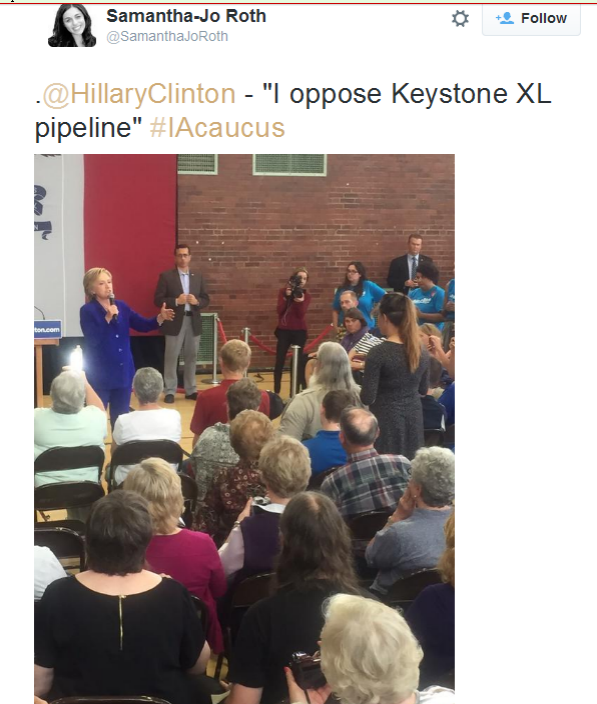Skull and Bones.
David Cameron, a pig’s head and a secret society at Oxford University – explained
by Nadia Khomami, The Guardian
Monday 21 September 2015 09.29 EDT
What have we learned about David Cameron today?
An unofficial biography of David Cameron written by the Conservative donor Lord Ashcroft contains a series of allegations. They include that the prime minister spent time in a drug-taking environment at university, that he took part in a bizarre dinner club initiation ritual, and another claim about Cameron’s knowledge of the peer’s offshore tax status.
One specific allegation is that, in the words of the Daily Mail, Cameron took part in an initiation ceremony in which he “put a private part of his anatomy” into a dead pig’s mouth. It cites a source – a current MP – who claims to have seen photographic evidence. It allegedly took place at a notorious Oxford University drinking club, the Piers Gaveston Society.
…
What is the Piers Gaveston Society?
“Piers Gav” is highly exclusive, made up of a self-selecting group of 12 undergraduates. The men-only club, named after the alleged male lover of Edward II, king of England from 1307 to 1327, was founded in 1977 and carries the motto: “Fane non memini ne audisse unum alterum ita dilixisse.” It translates to:
Truly, none remember hearing of a man enjoying another so much.
…
What do people say about it?
Valentine Guinness, one of the founders of the society, once told the journalist Toby Young that the appearance of Piers Gav and other similar societies in the 70s “was a conscious effort to say, look, you know, the country may be in a mess but we’re still going to have a good time”.
And so they do. For its summer ball, members each invite 20 guests – preferably more women than men, who were last year given 72 hours’ notice, when they were told to turn up for a hired coach that would drive them to an undisclosed destination in the countryside. “Cross-dressing is as likely to feature as speed-laced jelly,” says the Telegraph of these parties. “The rules are simple – there are none.”
…
What’s the difference between Piers Gaveston and the Bullingdon Club?
The Bullingdon Club is the other drinking society Cameron was known to be a member of. Most of the sonorous members of the Bullingdon are old Etonians. The prime minister was one such member, as were the London mayor, Boris Johnson and the chancellor, George Osborne.
They wore a bespoke uniform of tailcoats, waistcoats and bow ties, which could cost thousands of pounds, making membership difficult for ordinary students. One MP who was once asked to join the club said he walked out of a gathering in disgust. “What it basically involved was getting drunk and standing on restaurant tables, shouting about ‘f***ing plebs’. It was all about despising poor people,” he told the Daily Mail of the scene reminiscent of film The Riot Club, based on Laura Wade’s play Posh.
So, there are a couple of reasons why otherwise sensible and well raised people do these kind of embarrassing and horrific things.
The first is that they’re so drunk, stoned, or both that it seems like a good idea at the time.
A more powerful reason is that hazing rituals are frequently used to promote what we called in my club “Bonding Experiences.”
“Hah. Remember when we wacked Bruno and it was raining and Fat Tony slipped and fell in the grave so Vito thought it would be funny to shovel some dirt on him? Ah, good times.”
In truth shared events increase unit cohesiveness, either in enforcing a sense of superiority and dominance or in leveling class differences between leaders and the led.
Here’s a true story. I was visiting a local as capo di tutti and they had just succeeded in a task for which the promised reward was they could pick someone to kiss a pig. A live one that they had somehow smuggled into the ballroom of the hotel they met at. I was of course a “lucky” nominee and, because I understood my responsibilities as a motivator, I was fully prepared, if not very comfortable with the concept, to kiss that pig. In this instance the local capo was the target and he very gracefully acknowledged the accomplishment of his team.
But as I said, this type of group reinforcement can easily lead to feelings of entitlement and exclusivity. That’s why the more drastic and formalized versions practiced by many upper classes, including our own, have a tendency to get more severe as those who have had to suffer humiliation to gain admittance consider it their privilege to not only continue, but increase it.



 When the Civil War broke out in 1861, shortly after Lincoln’s inauguration as America’s 16th president, he maintained that the war was about restoring the Union and not about slavery. He avoided issuing an anti-slavery proclamation immediately, despite the urgings of abolitionists and radical Republicans, as well as his personal belief that slavery was morally repugnant. Instead, Lincoln chose to move cautiously until he could gain wide support from the public for such a measure.
When the Civil War broke out in 1861, shortly after Lincoln’s inauguration as America’s 16th president, he maintained that the war was about restoring the Union and not about slavery. He avoided issuing an anti-slavery proclamation immediately, despite the urgings of abolitionists and radical Republicans, as well as his personal belief that slavery was morally repugnant. Instead, Lincoln chose to move cautiously until he could gain wide support from the public for such a measure.
Recent Comments